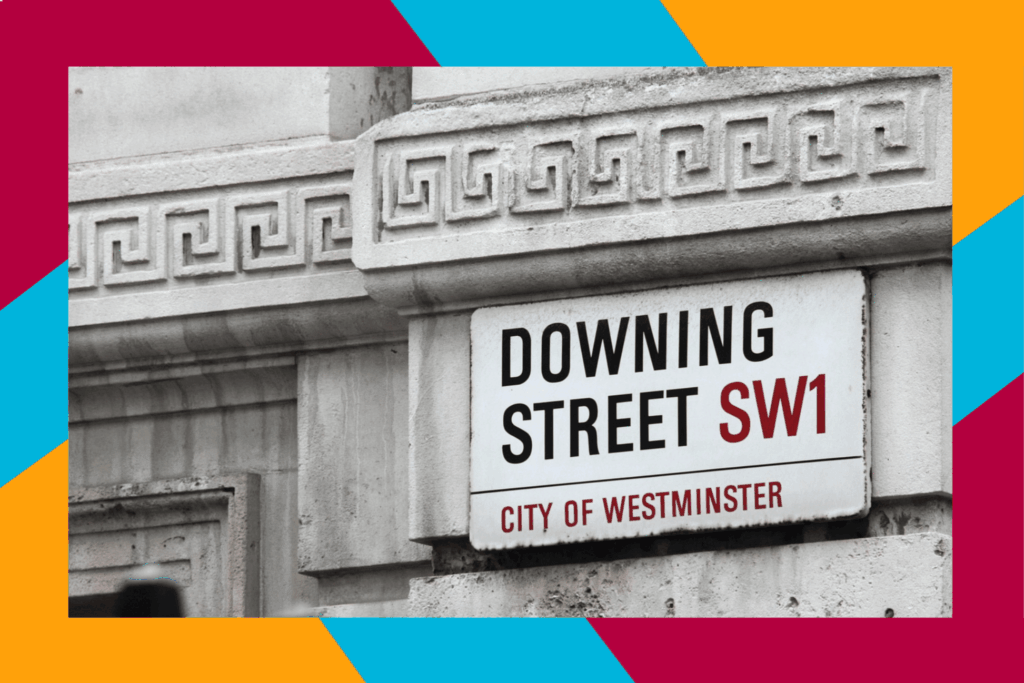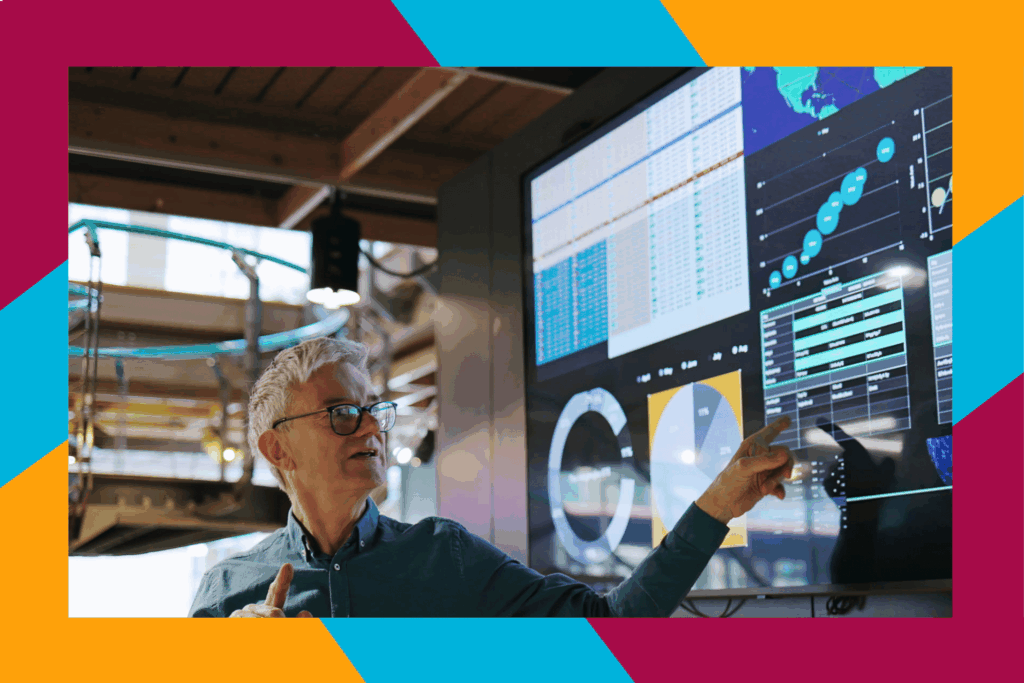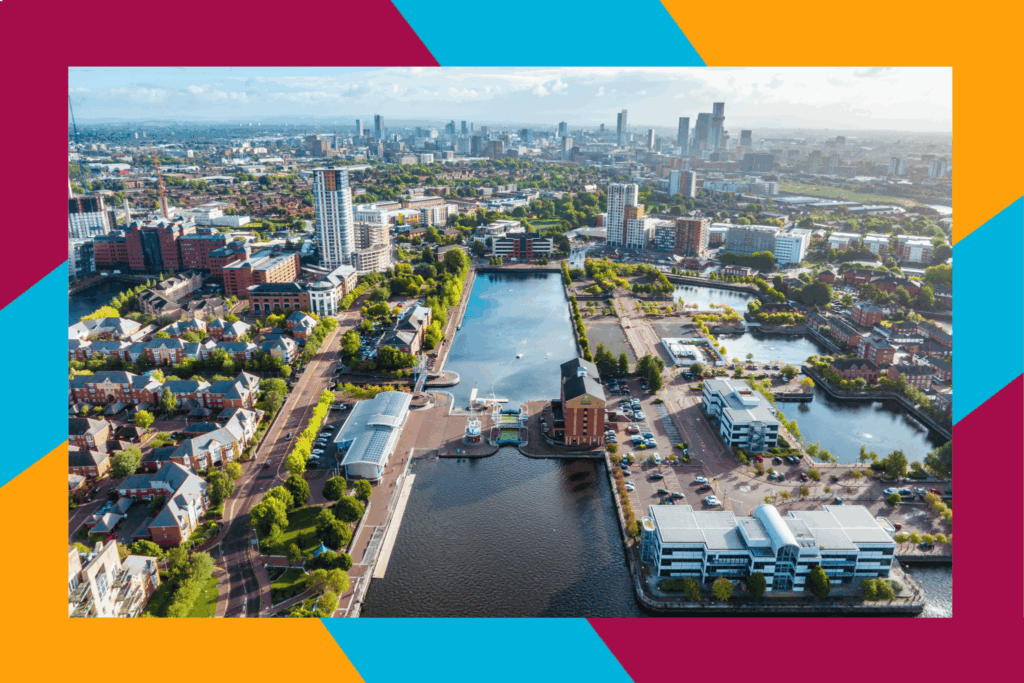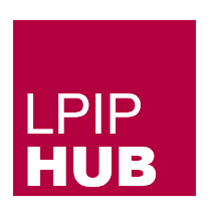Governance and Devolution

This workstream will enhance understanding of sub-national governance structures in the UK, with a particular focus on English devolution.
Data for Place

This theme looks at what data is available for a place and what methods can address LPIP questions and challenges, especially where there are gaps in the data, or the data is inconsistent throughout years and /or data is not available at a low-level geography.
Professional Standards for Place-Based Research Partnerships

The theme of “Professional Standards for Place-Based Research Partnerships” addresses the growing need for Higher Education Institutions (HEIs) to engage effectively with local communities. Place-based research partnerships offer a unique opportunity to co-create solutions to regional challenges, fostering knowledge exchange between academics and stakeholders such as policymakers, practitioners, and citizens.
Public Procurement and Innovation

A team at City-REDI currently works on a research programme focused on public procurement of innovation with Innovation Procurement Empowerment Centre (IPEC), part of the Connected Places Catapult. The IPEC Research team also collaborates with Centre for Local Economic Strategies (CLES) focusing on Anchor institutions (e.g., Birmingham Anchor Network), which encompass diverse local approaches to partnerships, innovative procurement practices and social value creation. We aim to collaborate with Local Policy Innovation Partnership (LPIP) Hub and LPIPs on issues related to innovation and public procurement with place-based policy perspectives.
Business Cases

Over the last few years there has been a growth in place-based funding through the development of business cases in line with the HM Treasury’s Green Book. However, business cases are more than a means or hurdle to receiving funding. Business cases are a management tool which is developed over time as a living document as the proposal for a project or programme develops. The Business Case keeps together and summarises the results of all the necessary research and analysis needed to support decision-making transparently. The purpose of this theme is to provide LPIPs, partners and stakeholders with the tools and knowledge required to develop effective business cases.
Place leadership

This workstream will reflect on current challenges and opportunities for place leaders to pursue inclusive, and sustainable, economic growth to identify what makes for good place-based leadership. It will develop insights for how place leaders can work in partnership to break down silos within and between institutions.
Felt Experiences

In recent decades, urban planners and policymakers have been increasingly interested in better understanding the relationships between people and the places they inhabit. This shift coincides with a growing emphasis on the value of place in policymaking.
Skills

The UK is navigating rapid technological changes and economic shifts. A strong skills ecosystem is essential to drive sustainable growth and enhance social inclusion. This theme examines the complex challenges and opportunities in skills development in the UK across different scales – from the local to the national level. It highlights the key roles of local employment and skills transitions, economic needs, and lifelong learning in building a workforce ready for future challenges and innovations.
Innovation

Innovation is the “outcome of a process in which relevant knowledge and resources are used to convert an idea into value” (Nelles, 2024). This idea can relate to both products and processes, and lead to either a radical or incremental change. Innovation is a key driver of productivity, prosperity and growth and is at the core of Government economic policy (ESRC, 2024; IRC, 2024).
Inclusive and Sustainable Local Economic Performance

Substantial economic disparities have continued to widen across the UK, found within and between nations, regions, counties and local areas, characterised by differences in numerous performance indicators. A place cannot improve local economic performance without strong data and analytical capabilities which identify and evidence potential challenges and opportunities.
